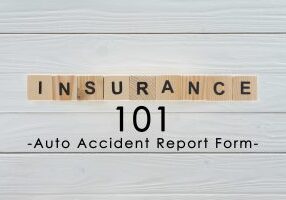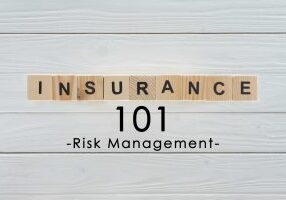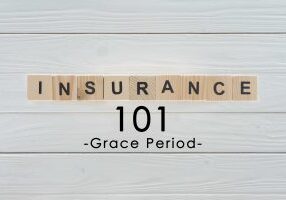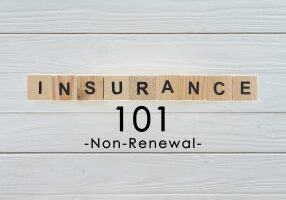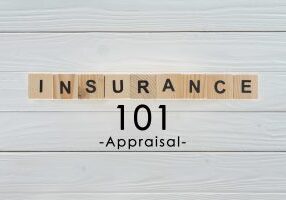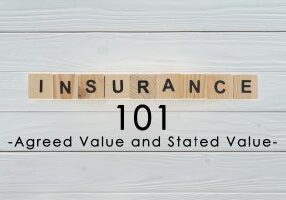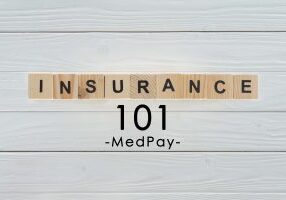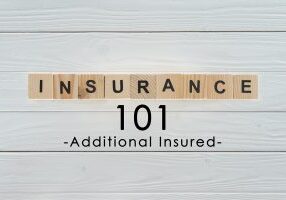Insurance Term of the Day: Binder
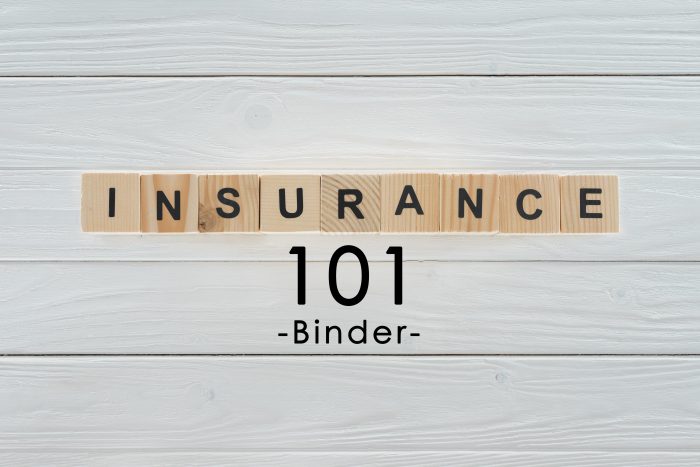
After purchasing an insurance policy, there is a period of time between the effective date and receiving your official declarations page. During this period of time, it is still entirely necessary for you to have proof of insurance in case you must show it. This is what’s called a binder. Your binder guarantees the agreement that your insurance company is providing you the coverage described in your policy. This document is temporary proof that you have an active insurance policy.
How temporary is a binder, though? A binder is meant to last until you receive your official insurance documents. At this point, your binder is void, and you will have your official documents. However, binders do have a specific expiration date. Typically, insurance binders last no longer than thirty days or until your policy is issued. Should your binder expire before you receive your insurance documents, you must call your insurance company to figure out a quick solution so that you do not appear to be uninsured. In case of an incident, before you receive your official documents, your binder will come in handy.
What kind of information is included in an insurance binder? Typically, the following information will be included in your insurance binder:
- Basic information regarding the insurance agent, the insurer, and the insured (Name, address, and contact information), and if applicable, additional insureds
- Exactly which risks are covered, description of the property that is covered
- The liability and coverage limits
- Policy term (effective and expiration dates)
- Deductibles and amounts
- Authorization signature for the policy
- Binder effective and expiration dates
- Policy number
Read over your binder to check your overall coverages. If something is incorrect, contact your independent insurance agent to make necessary corrections to ensure you’ve got the proper coverages. Binders are a summary of coverages physically represented in writing to confirm you are covered; however, it is not your official insurance document.
Do you have questions about your insurance? Find an insurance agent near you with our Agent Finder
Search All Blogs
Search All Blogs
Insurance 101 Blogs
Insurance Term of the Day: Occupational Disease
Common exposures linked to occupational disease
Insurance Term of the Day: Auto Accident Report Form
Learn About Auto Accident Report Forms.
Insurance Term of the Day; Risk Management
What is “Risk Management”
Insurance Term of the Day: Grace Period
Don’t Get Gracefully Dropped.
Insurance Term of the Day: Non-Renewal
What is a Non-Renewal?
Insurance Term of the Day: Commercial Insurance
What is Commercial Insurance?
Insurance Term of the Day: Appraisal
What is an Insurance Appraisal
Insurance Term of the Day: Agreed Value and Stated Value
What is the difference between Agreed Value and Stated Value
Insurance Term of the Day: MedPay
What is MedPay?
Insurance Term of the Day: Additional Insured
What does “additional insured” mean?


